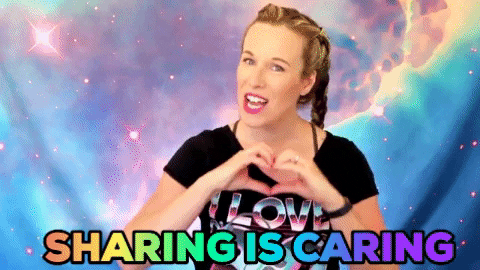Navigating the Tech World: Embracing Your Unique Skills
Written on
Chapter 1: My Coding Journey
I studied Computer Science, and I still struggle with coding.
There, I’ve said it! Voicing this truth feels odd yet liberating, especially after grappling with these emotions for so long. It's a relief to share this sentiment, particularly for those who might feel a similar sense of guilt.

Photo by Shahadat Rahman on Unsplash
To provide some context, I initially pursued a degree in Accounting and Finance before transitioning to a Master's in Computer Science through the University of Bath's online program. Approaching this new field, I was filled with trepidation about coding, perceiving it as daunting and intricate. Fast forward two years, and after numerous coding assignments, my feelings haven’t changed much.
Throughout my Computer Science studies, I have felt an ongoing pressure to excel in coding and to find enjoyment in it—after all, this is often the expectation in the tech industry, right? The notion of being a coding whiz who can tackle every challenge swiftly and efficiently often loomed over me. Each time I struggled with a programming task, I felt a wave of disappointment wash over me.
Seeing my peers grasp concepts with ease only intensified my feelings of inadequacy in the program.
I genuinely attempted to improve my coding skills by enrolling in additional courses alongside my assignments to enhance my knowledge base. I delved deeply into data structures and algorithms to strengthen my understanding. Yet, despite my efforts, I never truly felt confident; nothing seemed to resonate. The speed at which my classmates learned only heightened my sense of being an imposter.

The reality (which I’ve been trying to internalize) is that you don’t have to excel at or even enjoy coding to find your place in the tech industry. My passions lie in writing, storytelling, and analysis—skills that are equally vital in technology, just as important as programming. It’s crucial not to force yourself to like something merely to validate your career choices, especially when it has caused significant stress and frustration.
So, for anyone pursuing a technical degree and feeling pressure or guilt for not mastering what’s typically viewed as the “core skill” of the field, remember: you are not alone. Your intelligence and worth in this domain are not diminished. There are numerous other unique skills you can contribute that are incredibly valuable. For instance, roles in tech that don’t necessarily require coding expertise include Product Managers, UX Designers, and Project/Program Managers.
I’d love to hear from others who may have faced similar challenges—please share your experiences in the comments!

If you found this article insightful, please show your support! Feel free to connect with me on LinkedIn for any inquiries.
Chapter 2: Exploring Challenges in Coding
The first video, "Even after 7 years, I feel like I'm still bad at coding," captures the ongoing struggles many face in the coding world. It resonates with those who have similar feelings of inadequacy despite years of experience.
The second video, "Why I never code at my job despite having a CS degree," addresses the disconnect between formal education and practical application, shedding light on the diverse paths one can take in technology.